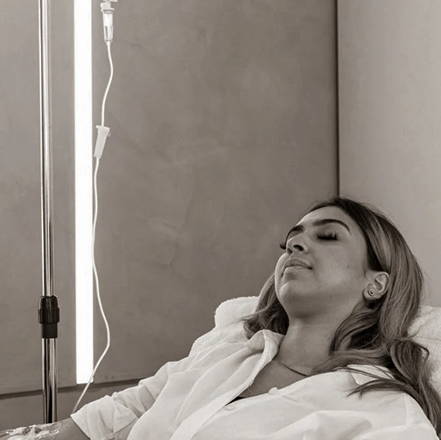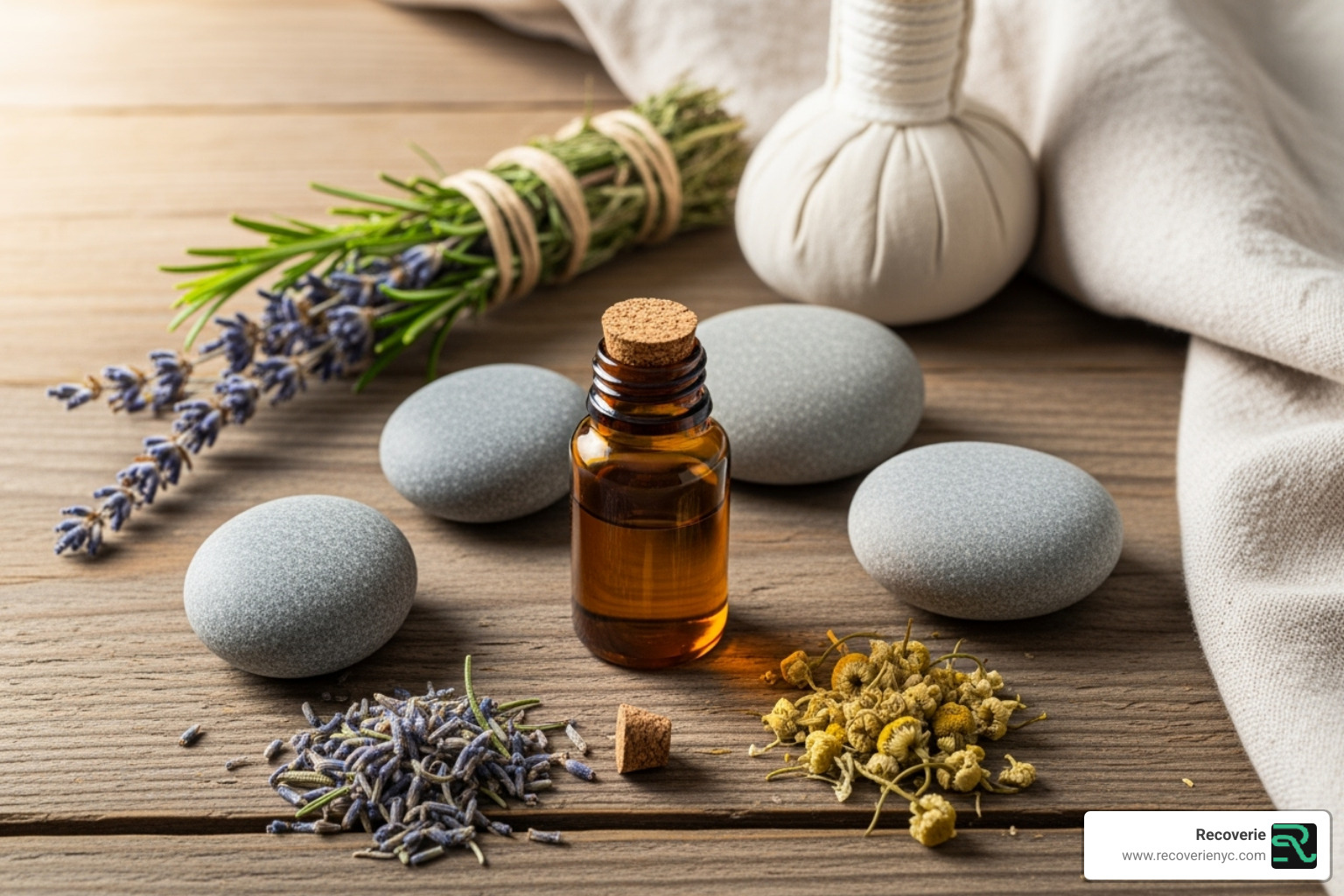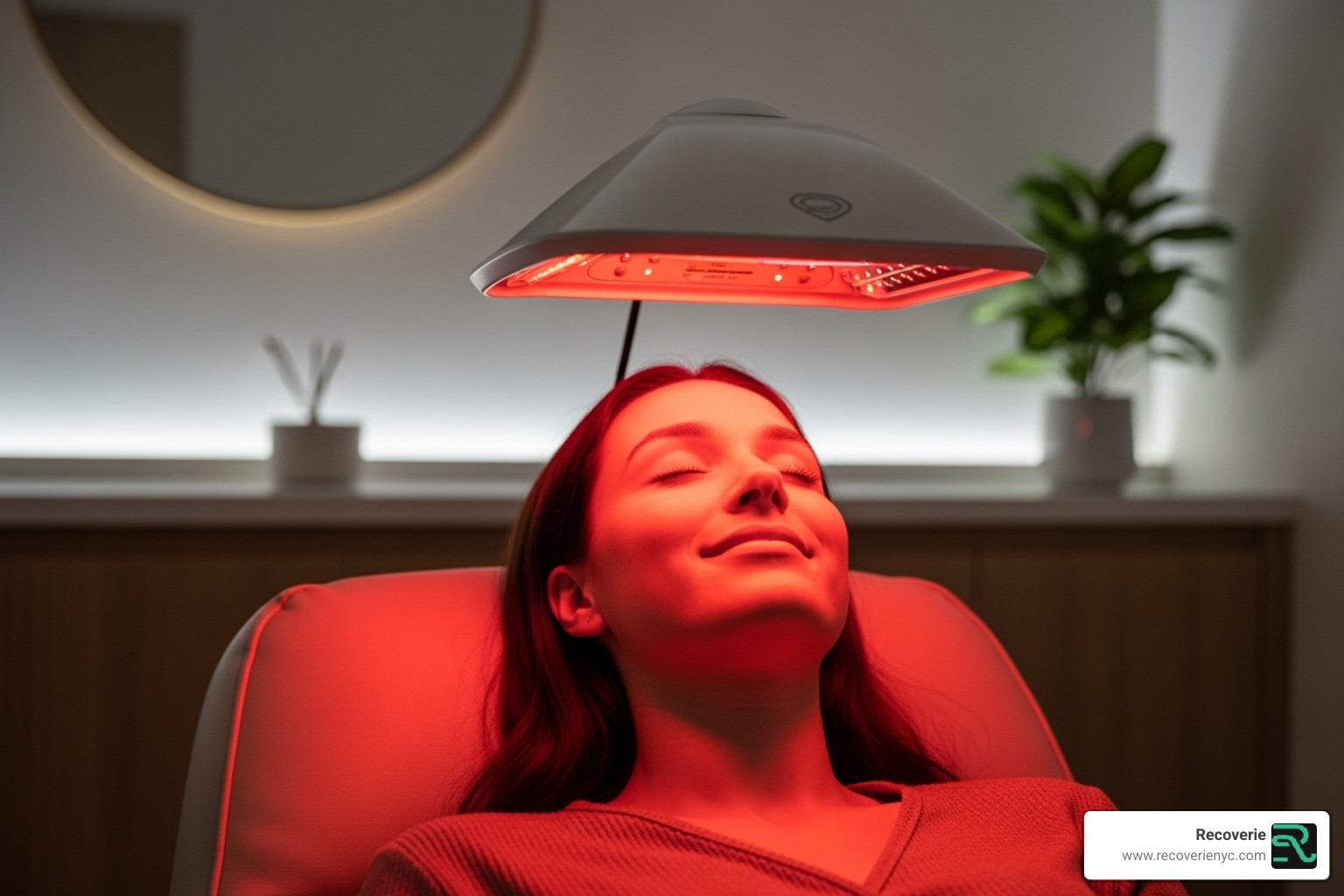Does IV Therapy Work? How It Helps and Its Key Limitations
IV therapy has become one of today’s most talked-about wellness treatments. From hangover relief to energy boosts, many people swear by its benefits.
But the real question remains: does IV therapy work? The short answer is yes, but results depend on your needs, health, and provider.
How IV Therapy Works
IV vitamin therapy delivers fluids, vitamins, and minerals directly into your bloodstream using a small needle and intravenous catheter. Because it bypasses the digestive system, absorption happens more quickly than with pills or food. When nutrients enter the gut, only part is absorbed. Direct infusion ensures higher bioavailability, meaning your body can use more of what is delivered.
Different IV fluids are designed to meet different goals. For example:
- Hydration drips: Restore fluids and electrolytes like sodium, potassium, and magnesium. These are useful after dehydration from illness, heat, or exercise.
- Energy drips: Often contain vitamin B12, vitamin C, and amino acids. These nutrients support metabolism and help reduce fatigue.
- Recovery drips: May include amino acids like glutamine and arginine, which assist in repairing muscles after strenuous workouts.
- Immune support drips: Typically combine vitamin C, zinc, and antioxidants. These blends support the immune system during times of stress or illness.
- Myers' cocktail: A popular vitamin treatment blending magnesium, calcium, vitamin C, and B vitamins to address fatigue, migraines, and general staying healthy needs.
The process is simple. A healthcare provider places an IV line into a vein, usually in the arm. Infusions take about 30–60 minutes, depending on the formula and volume. During this time, your body steadily absorbs fluids and nutrients, leading to noticeable effects within hours.
Conditions Where IV Hydration Therapy May Help
IV hydration therapy is often used when the body needs rapid support that oral methods cannot provide.
Digestive conditions: For Crohn’s disease, IBS, or malabsorption, IV fluids bypasses digestion to correct nutrient deficiencies.
Frequent travelers: Long flights and irregular routines often lead to dehydration and fatigue. IV hydration restores balance quickly and helps reduce jet lag symptoms.
Medical recovery: After surgery or illness, nutrient needs are often higher. Vitamin IV therapy supports healing by replenishing vitamins, minerals, and fluids more efficiently.
Chronic stress: Stress increases the body’s nutrient demands, particularly for magnesium, vitamin C, and B vitamins. IV vitamin therapy helps replace what stress depletes, supporting energy and focus.
Immune challenges: Those prone to frequent colds or infections may benefit from extra vitamin support through IV infusion.
Migraines: Some people find IV therapy relieves migraine symptoms linked to dehydration or mineral imbalance.
Athletic performance: Endurance athletes sometimes use IV hydration to rehydrate and speed up muscle recovery.
Severe dehydration: Caused by vomiting, diarrhea, or illness when oral fluids are insufficient.
Limitations of IV Therapy
Despite its popularity, IV therapy has clear limits. It can support wellness, but it is not a miracle solution. Real health still depends on maintaining good nutrition, adequate rest, and regular exercise.
IV therapy cannot substitute for a healthy lifestyle. Your body needs fiber, proteins, and healthy fats, which no drip can replace. It also cannot provide the long-term benefits of regular exercise, which strengthen the heart and muscles. Adequate sleep remains essential, as no infusion can replace rest.
The results of IV therapy may also be temporary. Hydration drips can improve energy within hours, but effects often fade by the next day. Vitamin infusions may support metabolism or immunity, but benefits usually last days to weeks, not months. Consistency and lifestyle remain the foundation of lasting wellness.
There are also side effects and risks associated with IV therapy, more so when performed by unlicensed providers and in the wrong setting. Using unregulated formulas, incorrect dosages, or unsanitary equipment increases the chance of IV therapy side effects. Infections, vein irritation, or even nutrient overdoses are possible if the provider is unqualified.
Finally, IV therapy should never replace medical treatment for serious conditions. It may help alleviate symptoms like fatigue or dehydration, but it is not intended to cure chronic diseases. Always view it as complementary care under professional guidance, not a substitute for proper healthcare.
The Bottom Line
So, does IV therapy work? Yes, but it depends on your health goals and expectations. For hydration, recovery, and energy, it provides real benefits. Still, it is not a replacement for a healthy diet, hydration, or sleep. It is a tool that may help some, but not all.
When delivered by professionals, IV therapy is generally safe and effective. At Recoverie NYC, every treatment is administered by licensed providers who manage the IV site and prioritize your comfort. That means you enjoy the benefits of your therapy with confidence and peace of mind.









